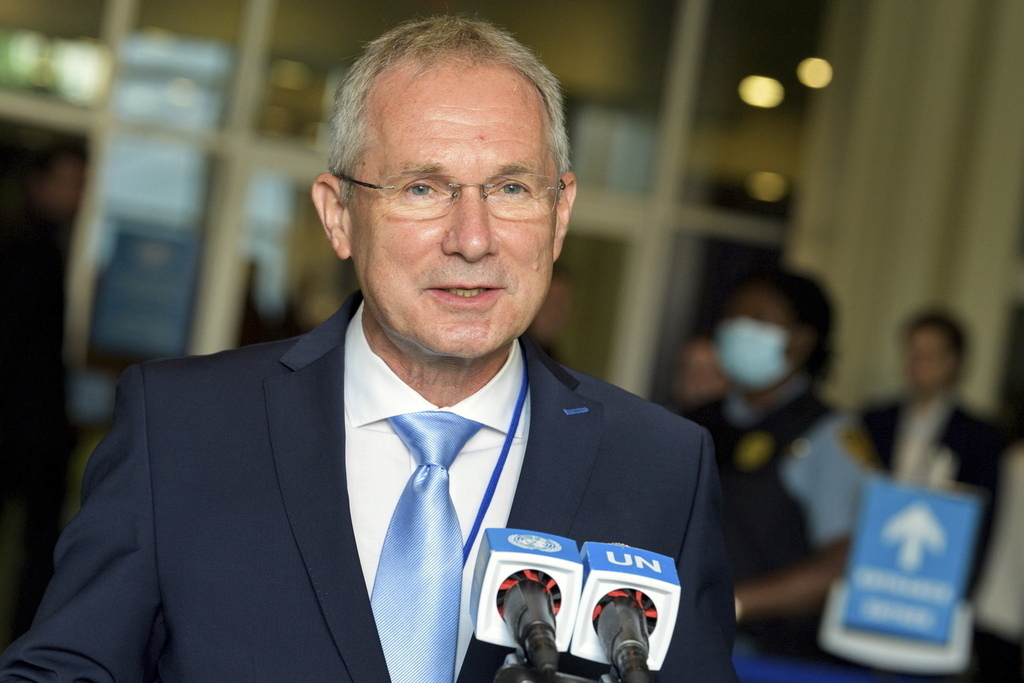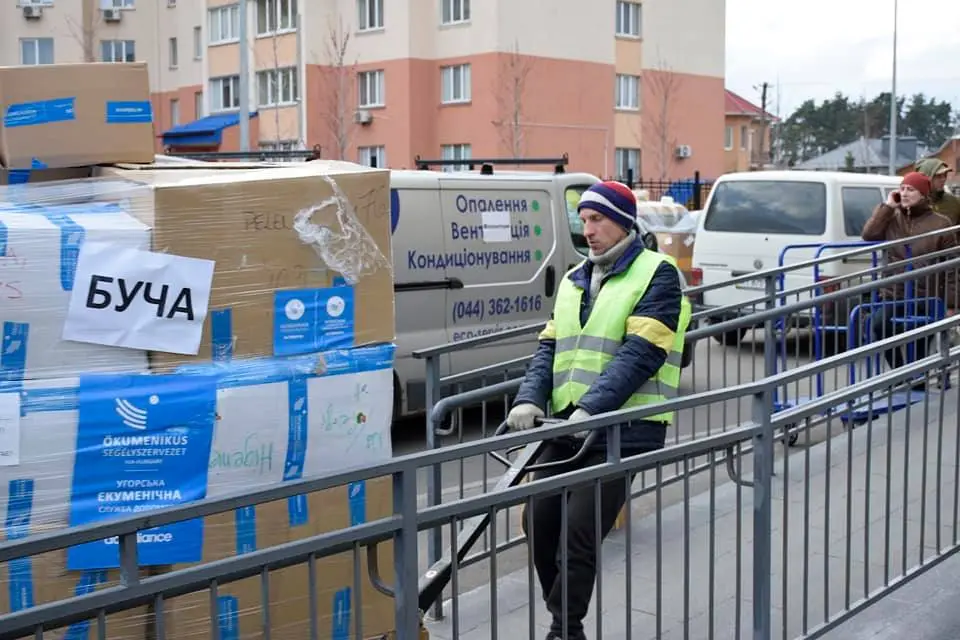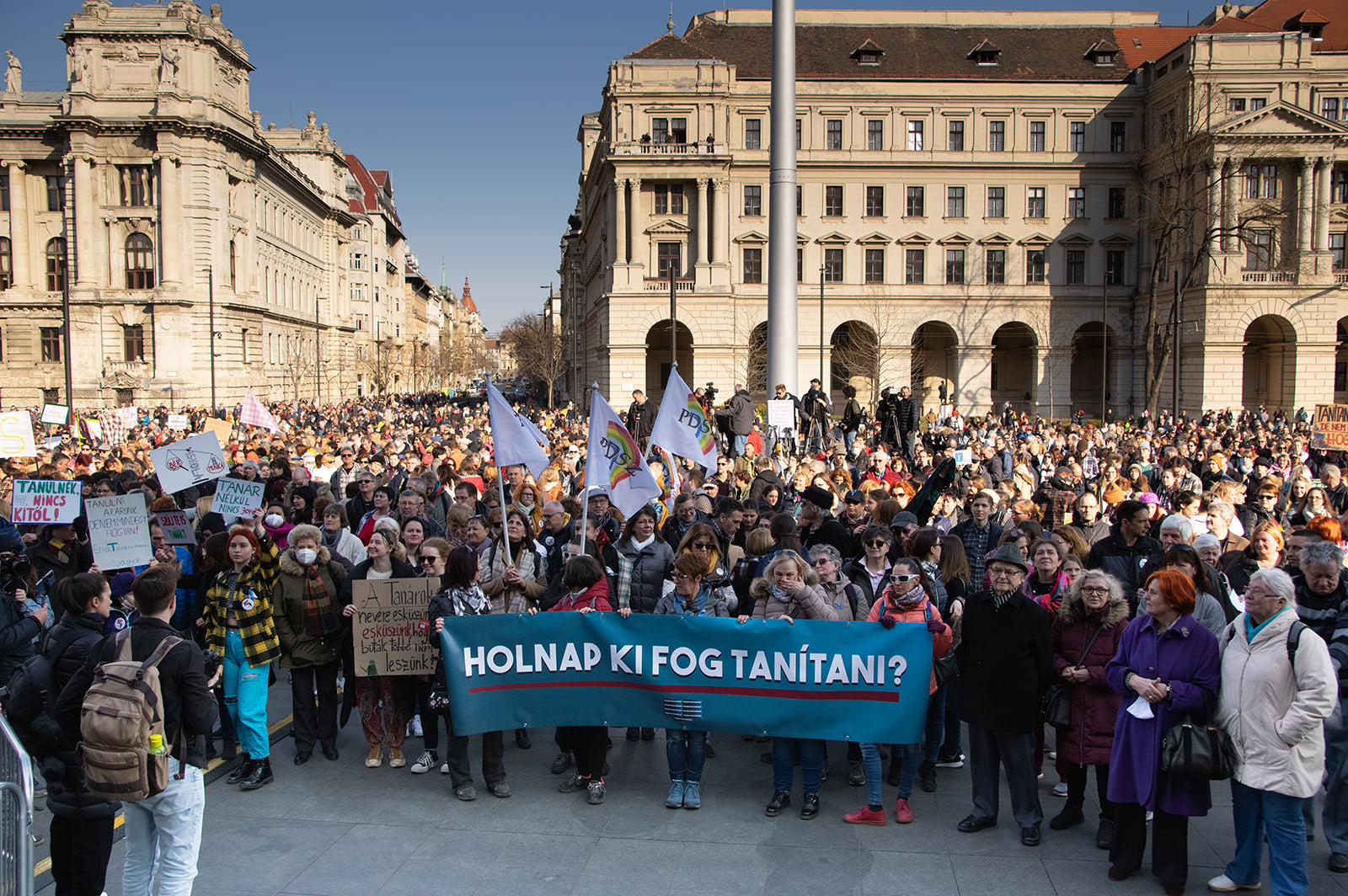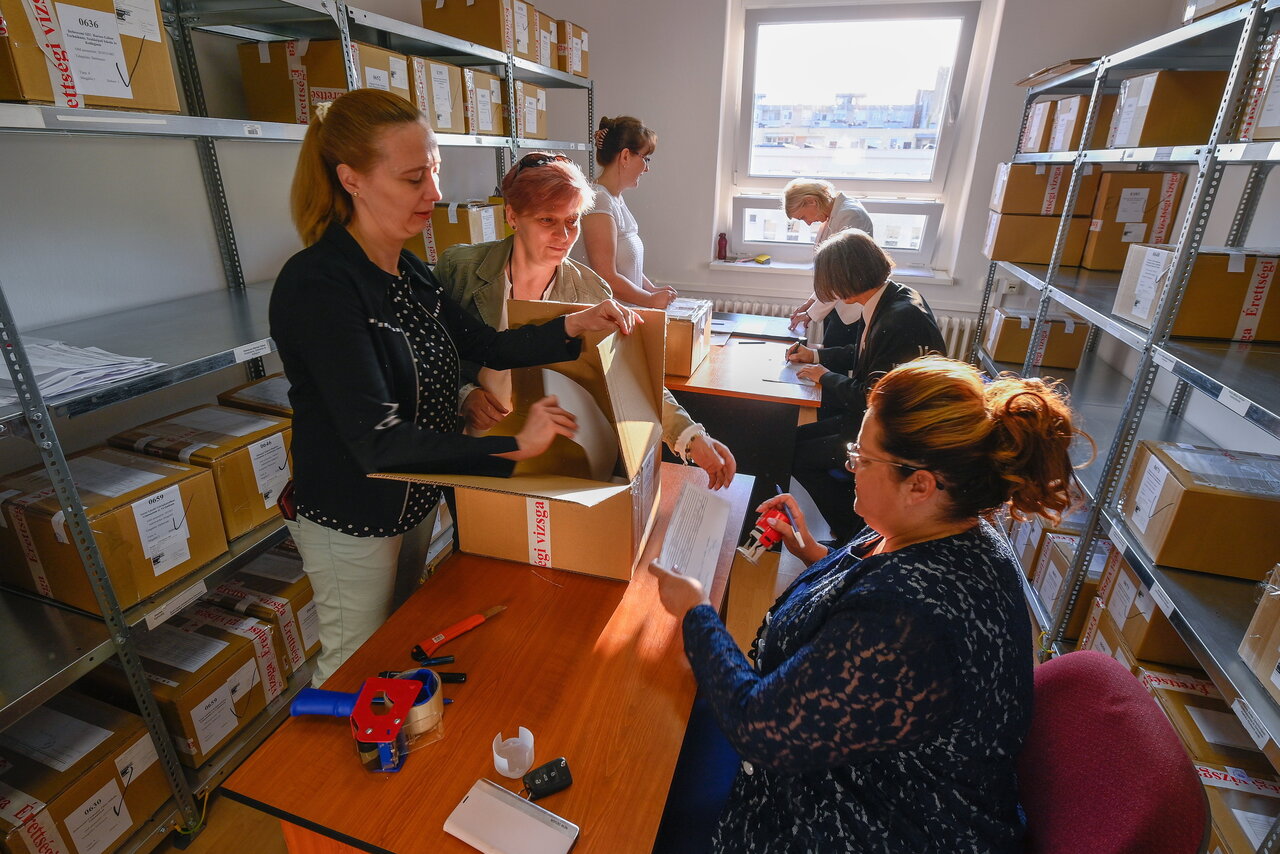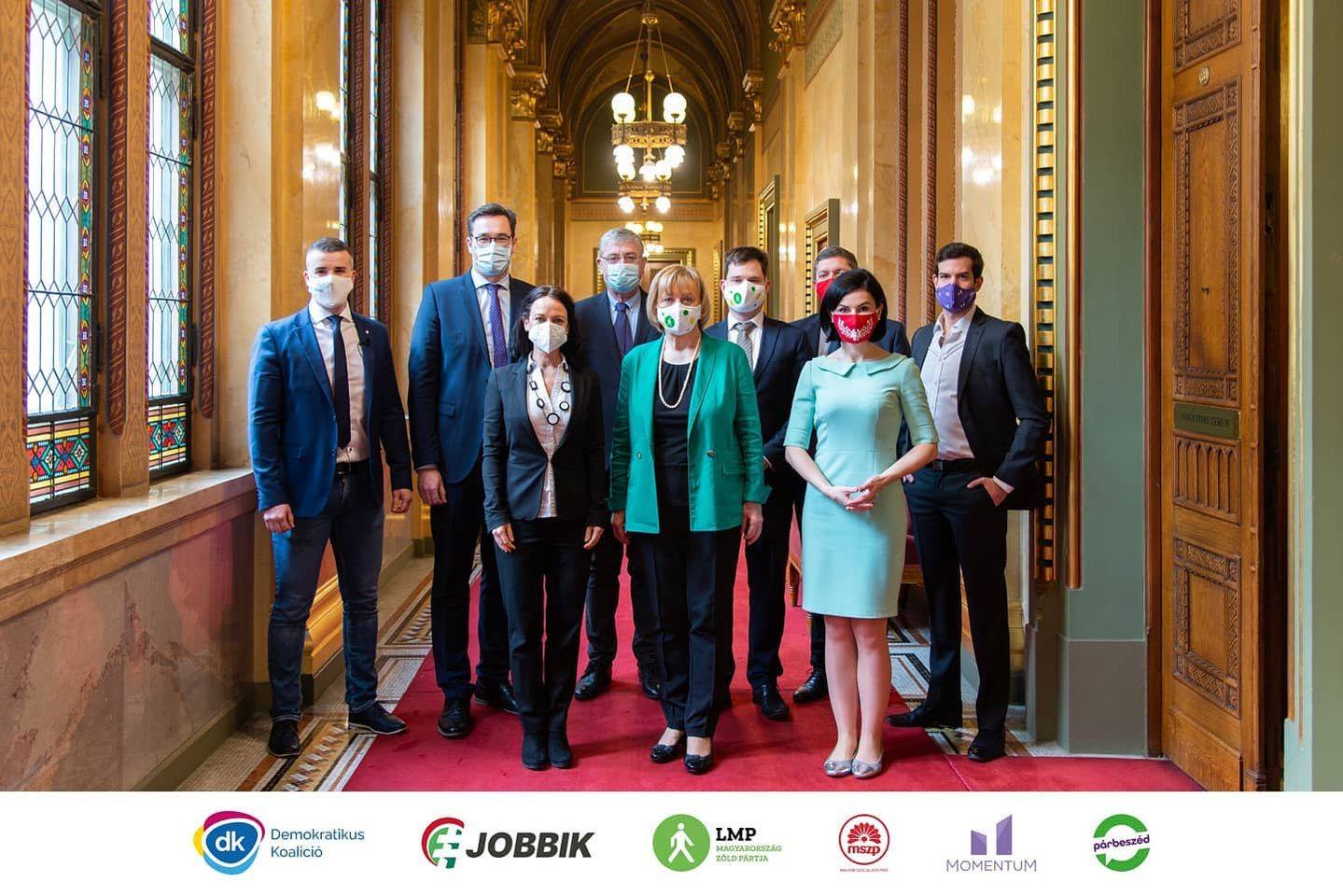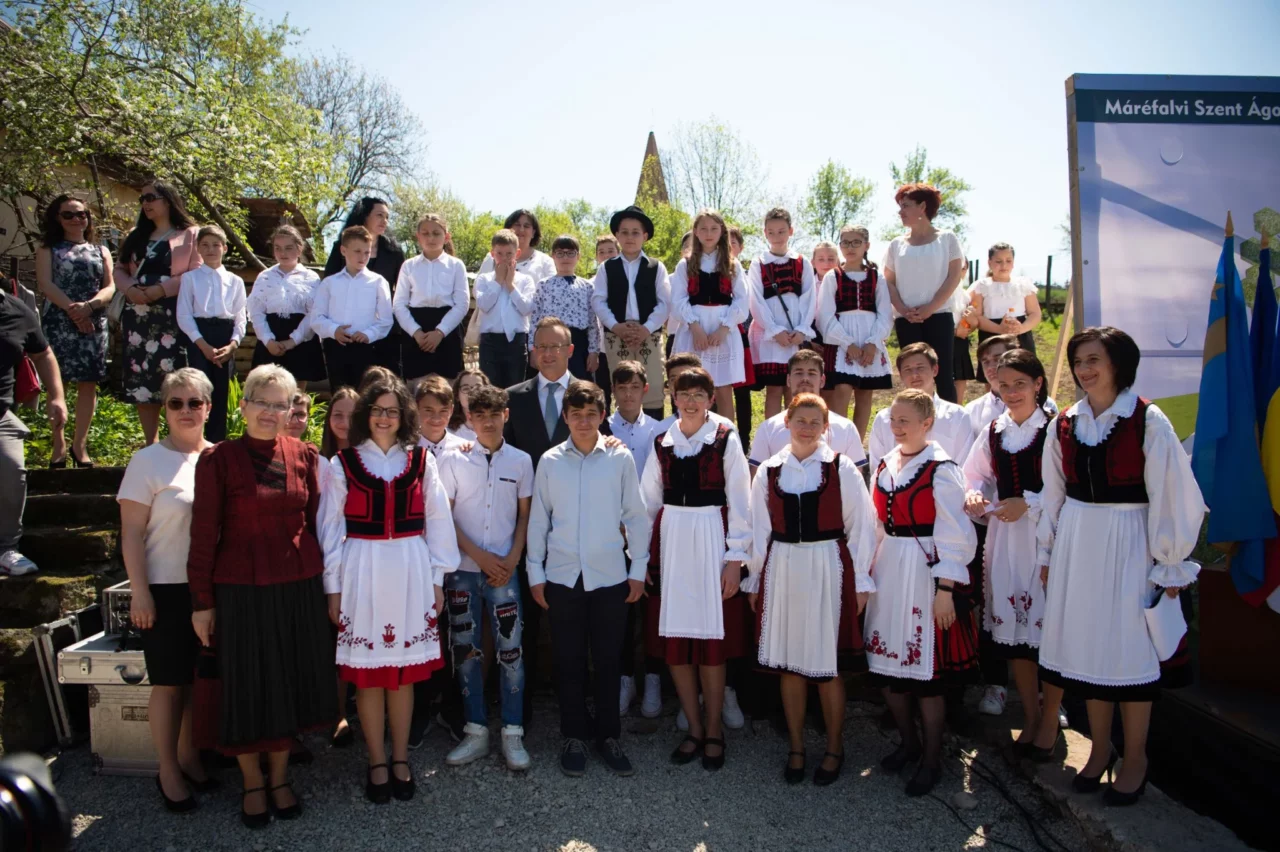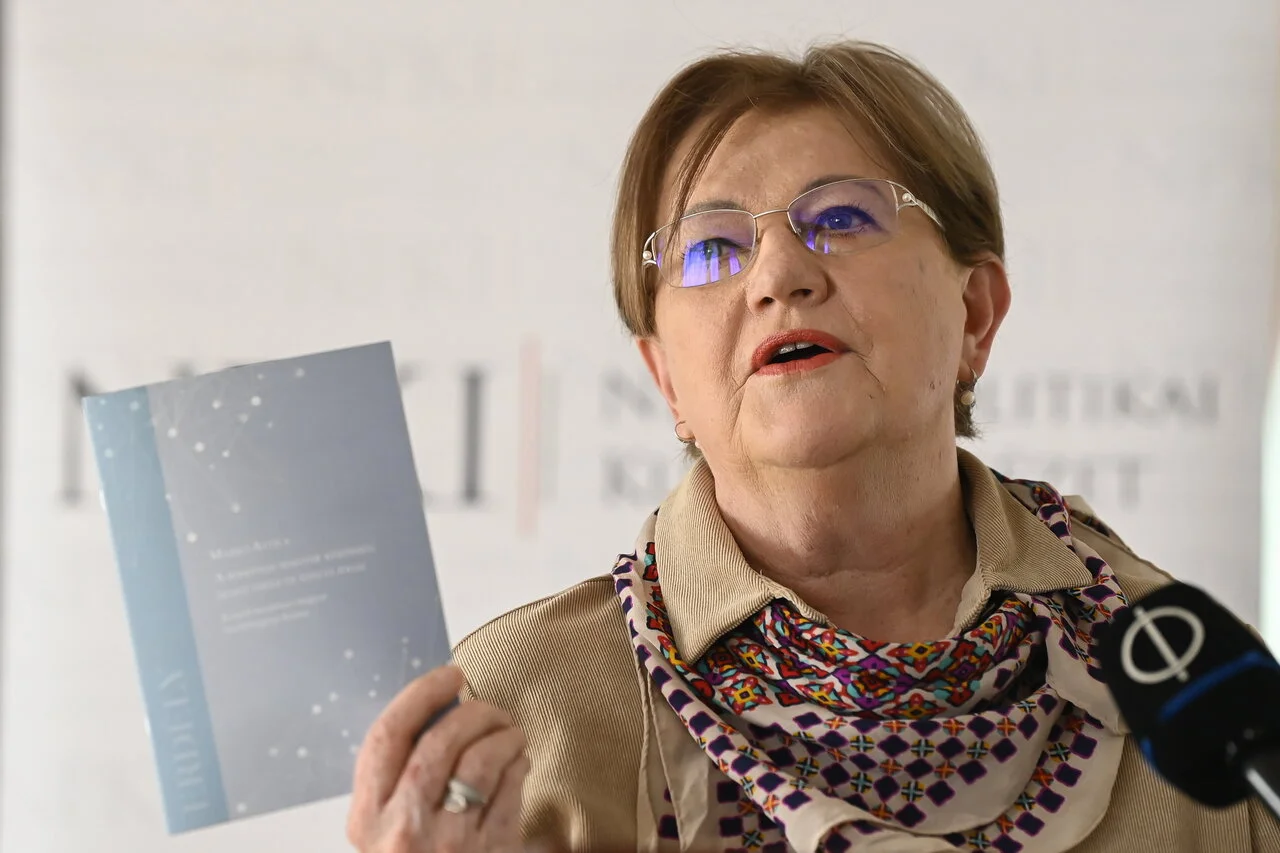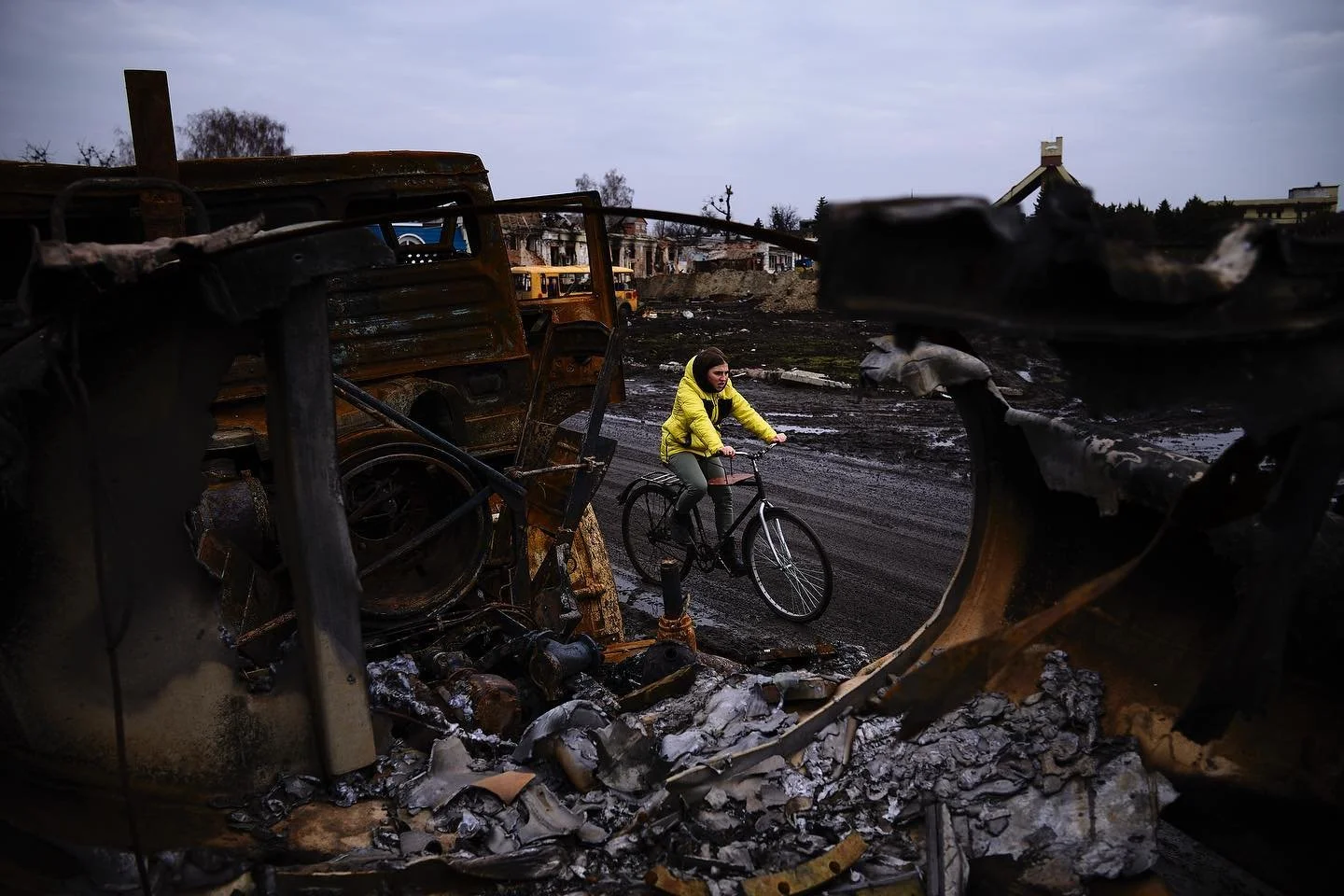Sándor Pintér, tapped to continue leading the interior ministry in the fourth consecutive Orbán government, told parliament’s defence and law enforcement committee that the ministry’s objectives would remain the same in the new cycle, with a focus on upgrading the wages of law enforcement professionals “coupled with the country’s economic performance”.
At his hearing as interior minister candidate, Pintér said “there is order in the country”. The crime rate has been falling since 2010, he said, citing registered crimes in public places as an example, which plummeted from 115,000 to 46,000. Those numbers show that the government’s crime policy “is on the right path”, he said.
Citizens’ sense of security is much better now than it was in 2010, and the ministry will work to improve it further, he said.
Regarding wage hikes in law enforcement, Pintér noted “significant one-off support” recently provided for staff. His aim as minister will be to build that support into their regular wages, he said.
Pintér praised prison development, saying that the new prisons opened in the past cycle will have to be developed further to allow space for new inmates. Regarding overcrowding, Pinter said the number of inmates was down at 18,800 from 19,000 “at the peak”.
The ministry will also focus on development in information technology,
Pintér said. Falling behind on technological development would bring lagging public security and order, he said. The war in Ukraine has highlighted the importance of cyber-security. Attacks against public administration have become a part of wars, and so are an important aspect of defence, he said.
Responding to a question, Pintér said that
the removal of the secret services and the Counter-Terrorism Information and Criminal Analysis Centre from the interior ministry’s purview was a “matter of governance and state leadership”.
The change was made to help the government’s work and to ensure faster reactions, he said.
Károly Papp, a state secretary of the former interior ministry, will continue to oversee those authorities, he said.
Pintér said he would nominate Bence Rétvári, currently a state secretary of the human resources ministry, as parliamentary state secretary. Otherwise, he said he planned no shake-up in the top leadership of law enforcement agencies.
The committee supported Pintér’s nomination for minister with 6 votes in favour and two abstentions.
Pintér: Interior ministry overview of education will bring ‘cooperation, continuity’
The interior ministry will ensure “cooperation and continuity” in the education sector after it takes over its overview in the fourth consecutive Orban government, Sándor Pintér, the candidate for interior minister, told parliament’s cultural committee on Wednesday.
Pintér, who has been leading the interior ministry since 2010, said the National Public Education Infrastructure Development Programme would be continued under the interior ministry, and there were no changes planned to the National Curriculum.
The ministry will focus on developing “textbooks and content,” while books will remain free for all pupils, Pinter said.
The aim will be to educate a “youth capable of leading Hungary to become one of the leading nations of the European Union”.
For that, language and digital competencies, as well as talent promotion, will be in the forefront of the sector, he said.
Pintér said school foreign language education had not yet achieved the desired results, adding that the aim would be to continue offering students foreign language courses abroad.
Pinter said schools needed to be given the same quality of equipment, “raising the question whether there is a need for this many schools”, for instance, in the case of classes that do not have many students.
Emphasising the importance of performance and quality assessment along with modernisation, Pintér promised constant evaluation aimed at assessing the progress teachers make with students over a school year.
He said the education sector was set to receive a significant amount of EU funding over the coming period, mainly for infrastructure upgrades.
He also talked about the importance of curbing school violence, saying that more than a hundred schools have signalled their intention to join the school guard system.
Asked about teacher wages, Pintér said it was clear that
wages needed to be increased, adding, at the same time, that the ability to hike wages also depended on the country’s economic situation.
He said he could “make no promises” when it came to wage hikes for teachers, noting that the wages of police officers were not much higher than those of teachers.
The committee supported Pinter’s nomination with 12 votes in favour and 5 against.



